I think these social media tech giants are right because at law; where ever there is a right , there is an obligation. Though there is enormous efforts by stake holders in recent years to protect freedom of expression online and offline every one (digital citizens inclusive) owe each other the obligation not to abuse these rights . For instance defamation; with the advent and impact of the internet, and particularly social media networks, it is easier than ever to publish content to a very wide audience in no time . Therefore article 17 of the ICCPR provides for the protection against unlawful attacks on a person's honour and reputation as section 19(3) of same ICCPR equally makes reference to the rights and reputation of others as a legitimate ground of limitation of these rights of freedom of expression. Reputation is the underlying basis in any claim of defamation or libel . Most countries have domestic legislations with varying consequences relating to acts that constitute defamation and libel . Other acts that may limit these rights are; breach of Privacy ; Harrasment(cyber bullying) and hate speech. Not all speech is protected under international law and some form of speeches are required to be prohibited by states. For example; Article 20 of the ICCPR provides as follows; (1) Any propaganda for war shall be prohibited by law . (2) Any advocacy of national, racial or religious hatred that constitutes incitement to descrimination, hostility or violence shall be prohibited by law . Reference could equally be made to Article 4 of the International Convention on all forms of Racial Discrimination requires that ; the dissemination of ideas based on racial superiority or hatred as well as acts of violence or incitement to such acts against any race or group of persons of another colour or ethnicity must be declared an offence punishable by law . Hate Speech provisions under international law is distinguished under 3 different categories which is as follows ; (1) that which must be respected. (2) that which may be restricted (2) that which is lawful and subject to protection.



 Bamenda
Bamenda







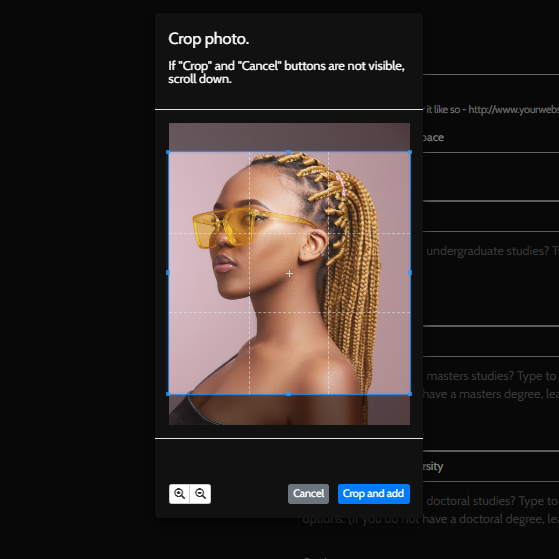
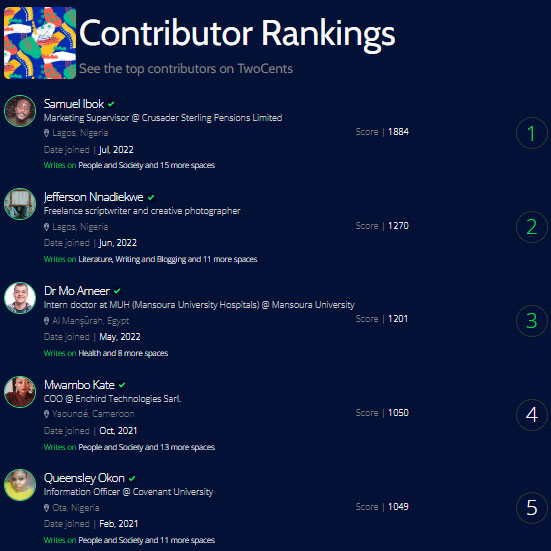
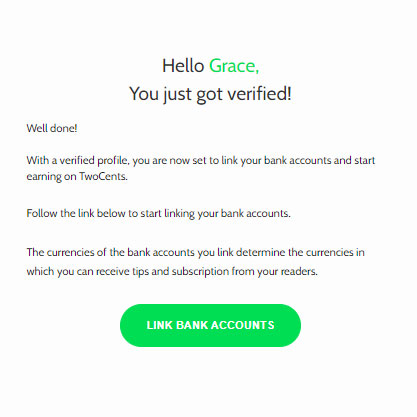





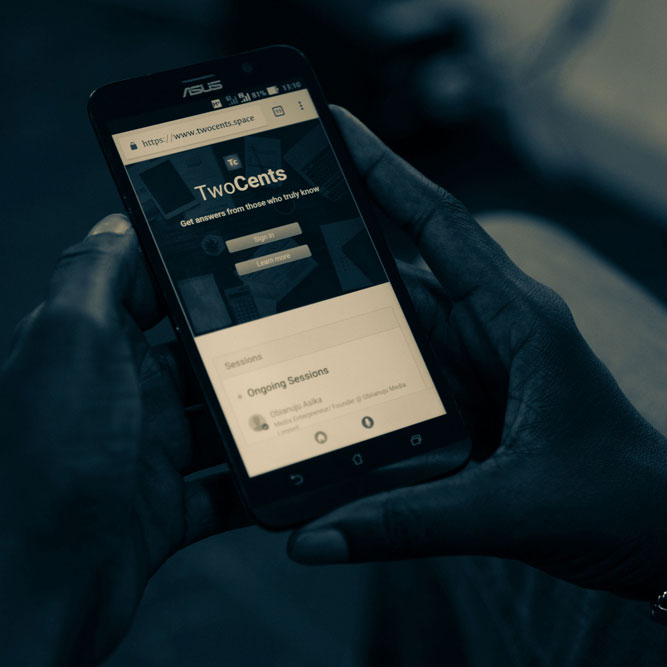
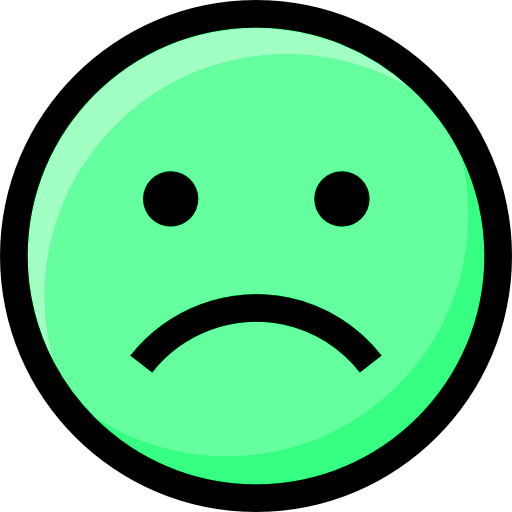




















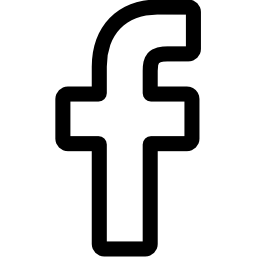
Comments